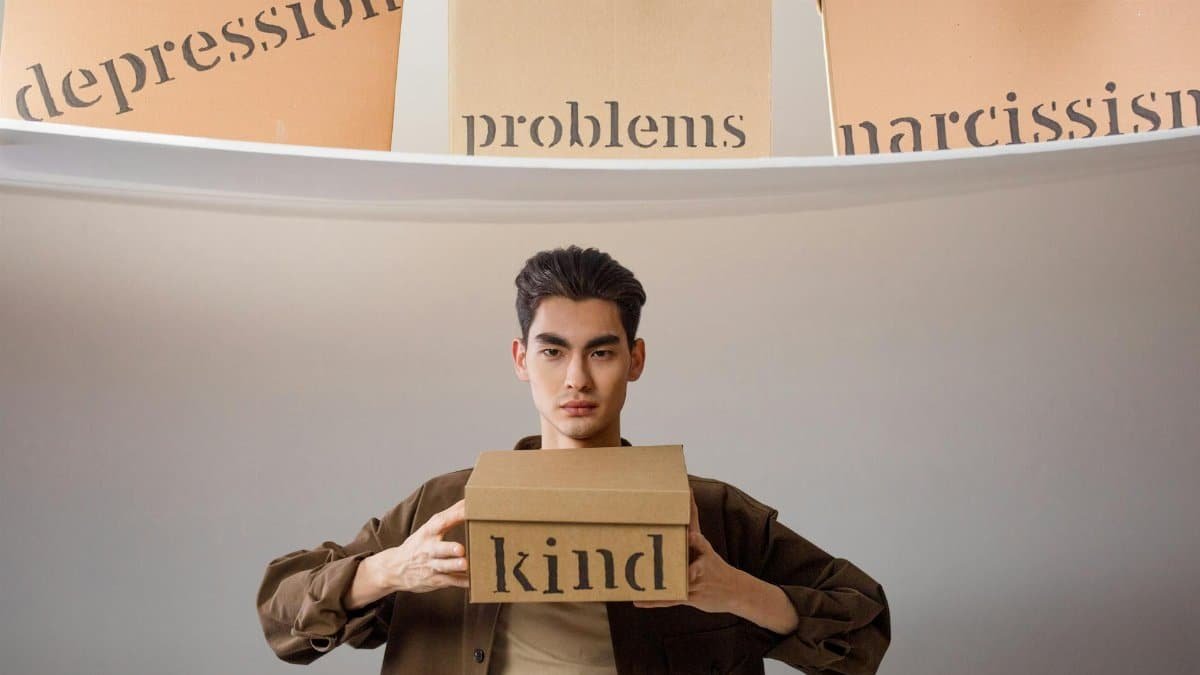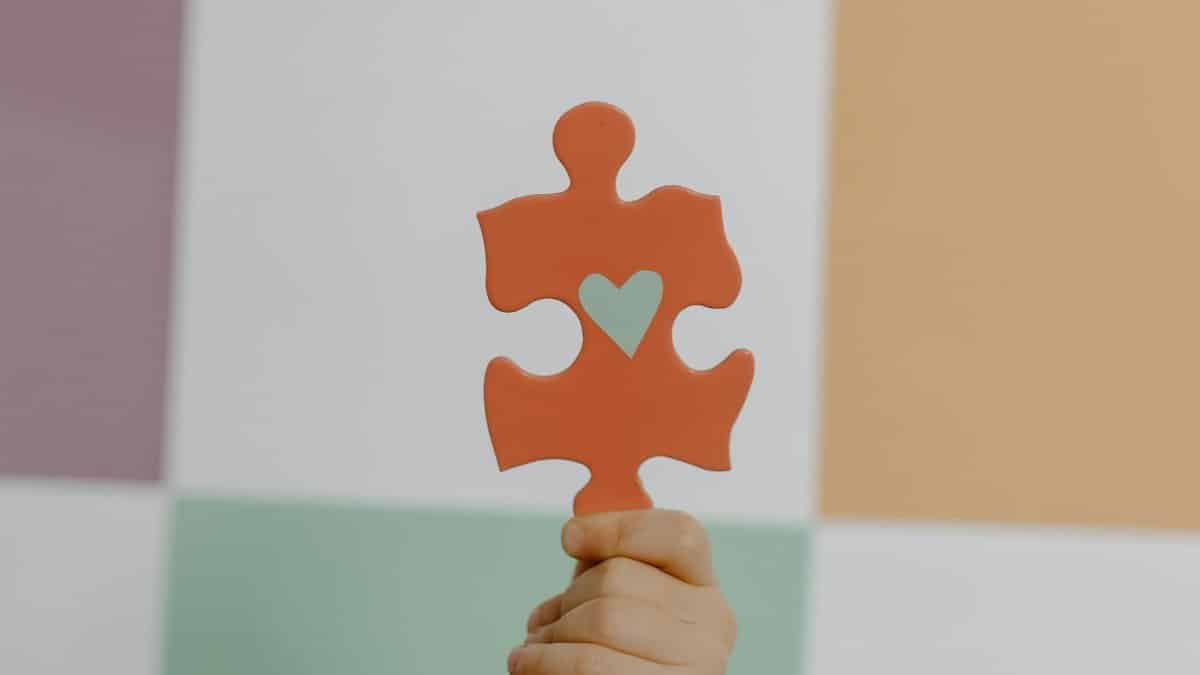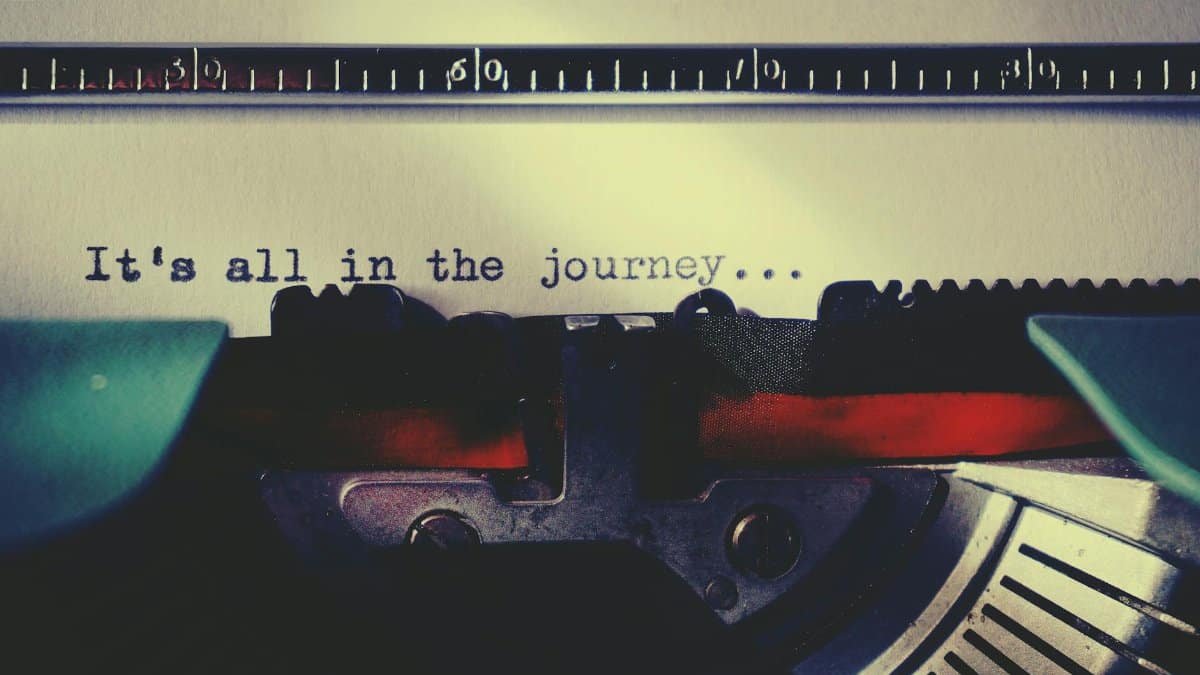Introduction

Is presence awareness the missing link when self-love starts tipping into selfishness? In a world obsessed with personal growth, many Americans are grappling with this dilemma. New data from a 2023 Pew Research survey shows 68% of adults report feeling guilty about prioritizing themselves, often confusing healthy boundaries with ego-driven isolation. This shift highlights how tuning into the moment can reveal when “me time” veers off course. It’s not about ditching self-care, but recognizing its limits in real relationships and daily life.
Defining Presence Awareness in Modern Life

Presence awareness boils down to staying fully engaged in the now, without distractions from past regrets or future worries. It’s a mindfulness practice gaining traction among U.S. professionals, especially in high-stress fields like tech and healthcare. According to experts, it helps individuals notice subtle emotional cues that signal when self-focused habits are alienating others. Think of it as an internal radar, alerting you before self-love morphs into something more self-centered.
In 2025, with remote work still dominant, this concept is evolving. People are using apps and journaling to track their awareness levels, turning inward reflection into a practical tool. But it’s not foolproof. Without balance, it can amplify feelings of isolation, making users question their motives.
Signs Your Self-Love is Crossing the Line

One clear indicator is when “no” becomes your default response to others’ needs. If presence awareness reveals you’re constantly guarding your energy at the expense of empathy, selfishness might be creeping in. Relationships suffer when self-care routines leave no room for compromise.
Another red flag: guilt after indulging in alone time. A study from Harvard’s mindfulness program notes that 45% of participants felt more disconnected after intense self-focus sessions. This isn’t about abandoning self-love, but integrating it with awareness of how it affects those around you.
Real-world examples abound. Busy parents often hit this wall, prioritizing workouts over family dinners, only to feel the emotional fallout later.
The Psychological Roots of the Dilemma

Psychologists trace this back to cultural shifts. In the U.S., the self-help boom post-pandemic emphasized individualism, but it overlooked communal bonds. Presence awareness acts as a bridge, helping people spot when personal empowerment ignores collective well-being.
Research from the American Psychological Association links excessive self-focus to higher narcissism scores. Their 2024 report, available on APA Journals, details how mindfulness practices can counteract this by fostering empathy. It’s a reminder that true self-love thrives in context, not isolation.
Experts advise starting small: during daily interactions, pause to assess if your actions serve only you or the group.
Balancing Act: Integrating Awareness with Empathy

Striking a balance requires intentional steps. Use presence awareness to check in during conversations. Are you listening, or just waiting to speak? This simple shift can prevent self-love from feeling like a solo mission.
In workplaces, companies are incorporating this into wellness programs. Google’s mindfulness initiatives, as outlined in their employee resources, encourage teams to blend self-care with collaboration. The result? Lower burnout rates and stronger team dynamics.
For individuals, try pairing self-love rituals with acts of kindness. Meditate on your needs, then extend that compassion outward. It’s a practical way to keep things grounded.
Real Stories from Everyday People

Take Mark Thompson, a New York accountant who embraced self-love after a divorce. “I thought focusing on me was healthy,” he says, “but presence awareness showed me I was shutting out friends.” His turnaround came from mindful check-ins, rebuilding connections without losing his progress.
Similarly, Lisa Chen, a California teacher, found her yoga routine isolating her from students. “It felt selfish until I used awareness to reconnect,” she notes. These anecdotes underscore a common thread: awareness illuminates the path back to equilibrium.
Such experiences are echoed in forums and support groups, where users share how tuning in prevented relational breakdowns.
Expert Tips to Avoid the Selfish Trap

Therapists recommend daily reflections. Set aside five minutes to journal what self-love meant that day and its ripple effects. This harnesses presence awareness to maintain perspective.
Another strategy: seek feedback. Ask trusted friends if your boundaries feel exclusionary. A guide from the National Institute of Mental Health, found on NIMH Mindfulness Resources, supports this with evidence-based exercises for emotional balance.
Incorporate group activities into your routine. Join a mindfulness class where self-awareness meets social interaction, turning potential selfishness into shared growth.
Long-Term Impacts on Mental Health

Unchecked, this selfish tilt can lead to anxiety and depression. Studies show balanced self-love, guided by presence awareness, boosts resilience. The CDC’s mental health data highlights how mindfulness reduces isolation-related stress, with trends pointing to wider adoption in 2025.
Positive outcomes include better sleep and lower cortisol levels. When self-love aligns with awareness, it fosters genuine fulfillment, not fleeting satisfaction.
Communities are responding too, with apps tracking emotional presence to alert users of imbalance risks.
Navigating Relationships with Awareness

In partnerships, presence awareness helps spot when self-care demands strain bonds. Couples therapy often integrates this, teaching partners to voice needs without dominance.
Friends and family dynamics benefit similarly. By staying present, you notice unspoken tensions, addressing them before they escalate.
Ultimately, it’s about mutual respect. Self-love shouldn’t diminish others; awareness ensures it enhances connections instead.
Final Thoughts on the Journey

Embracing presence awareness transforms how we view self-love. It reveals when good intentions go astray, offering a roadmap back to authenticity. As more Americans explore this in 2025, the conversation shifts from individualism to integrated well-being. The key? Listen to that inner voice, but let it harmonize with the world around you.
